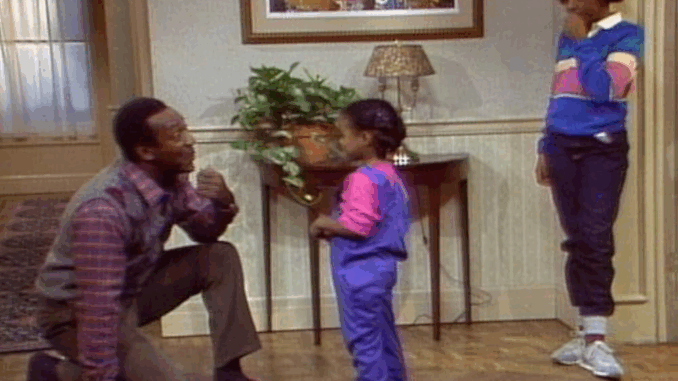
When The Cosby Show first aired in 1984, it wasn’t just another family sitcom—it was a cultural phenomenon. Over eight seasons, the show didn’t simply entertain millions; it inspired an entire generation to dream bigger, love deeper, and see themselves on screen in ways never before imagined. In today’s world of diverse storytelling and inclusive media, The Cosby Show’s legacy continues to echo loudly.
Redefining Family on Television
Unlike many sitcoms of its time, The Cosby Show portrayed a family dynamic grounded in mutual respect, strong moral values, and humor without relying on clichés or conflict for laughs. The Huxtables weren’t perfect, but they were relatable and aspirational—a model for how families could navigate life’s challenges together with grace, wit, and love.
The show tackled everyday issues—peer pressure, academic struggles, growing pains—but always with warmth and wisdom. These moments created emotional connections with audiences that still resonate today.
Inspiring Future Creators and Professionals
For countless young viewers, The Cosby Show was more than entertainment—it was representation. Seeing a Black doctor and a Black lawyer raising well-rounded, intelligent children on national TV sent a powerful message: success is possible, and it’s worth striving for.
Many prominent figures in media, education, and politics cite the show as a source of inspiration. It broke barriers for future creators like Shonda Rhimes, Kenya Barris (Black-ish), and Issa Rae, who credit the Huxtables for paving the way for nuanced portrayals of Black families in pop culture.
A Show Ahead of Its Time
The Cosby Show normalized excellence in a way that was bold for the 1980s. It showed African-American characters who read Shakespeare, played jazz, discussed social issues, and excelled in their careers—without being reduced to their race. Its subtle activism made waves at a time when representation was scarce and often skewed.
Despite being decades old, many of the show’s themes—like balancing work and family, parenting challenges, or navigating adolescence—still feel relevant today. That timeless quality is why so many viewers continue to revisit the series.
The Bigger Picture
While public conversations around Bill Cosby have understandably complicated the show’s legacy, separating the art from the artist allows viewers to appreciate the cultural significance of the series itself. The message of empowerment, family unity, and education continues to inspire—and that’s a legacy worth remembering.
Final Thoughts
The Cosby Show didn’t just reflect American life—it helped shape it. For a generation that watched it live, and for new audiences discovering it today, the show remains a source of encouragement, representation, and laughter. If you’re looking for a series that combines heart, humor, and history, The Cosby Show is more relevant than ever.